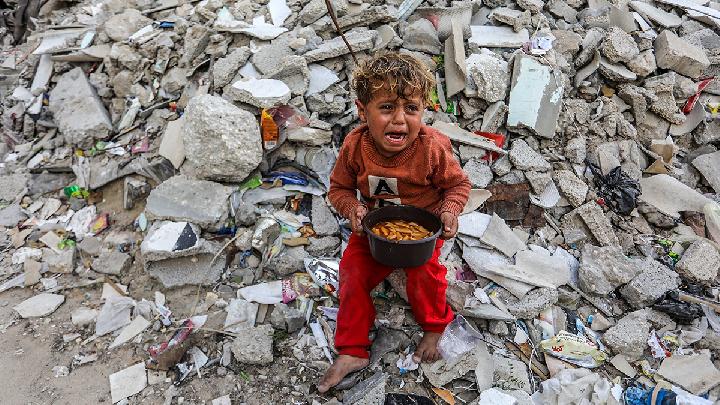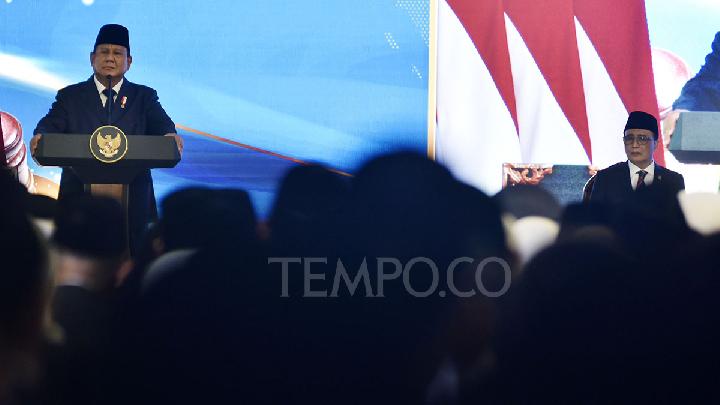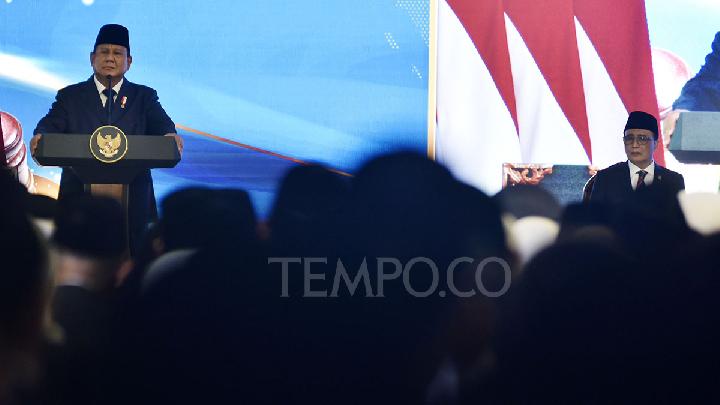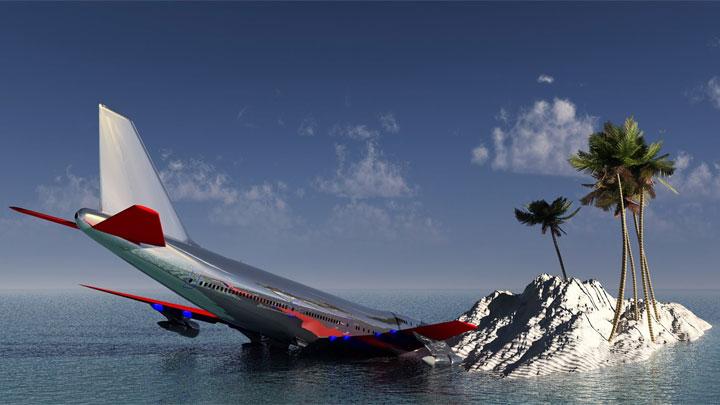TEMPO.CO, Jakarta - Israel has instructed its military to prevent an aid ship, the Madleen Flotilla, from reaching Gaza. On board the ship were 12 activists, including Swedish climate activist Greta Thunberg. Israeli Foreign Minister Israel Katz issued a statement saying: “I have instructed the military to prevent the Madleen Flotilla from reaching Gaza.”
He further addressed Thunberg and her fellow activists, calling them “Hamas propaganda mouthpieces” and warning them: “Go back because you will not reach Gaza.”
The group, which set off from Sicily on June 1, was carrying essential supplies for Palestinians in Gaza, who are under siege and facing severe shortages. The cargo included baby formula, flour, rice, nappies, feminine hygiene products, water desalination devices, medical supplies, crutches and prosthetic legs for children.
Speaking from the aid ship, Thunberg told Middle East Eye that the government had failed the Palestinian people, leaving it to ordinary individuals to take action. "We cannot stand by and let this happen. We are witnessing ... a genocide taking place, after decades of systematic oppression, ethnic cleansing, occupation," she said.
Thunberg stressed that the activists are "ordinary human beings, deeply concerned about what is happening, and not accepting what is happening."
Who is Greta Thunberg?
Greta Tintin Eleonora Ernman Thunberg, born January 3, 2003, in Stockholm, Sweden, is a prominent environmental activist known for her efforts to combat climate change. In 2018, she launched the Fridays for Future movement, also known as the School Strike for Climate, as reported by Britannica.
Greta comes from a family consisting of an opera singer mother and an actor father. Diagnosed with Asperger's syndrome – now classified as an autism spectrum disorder – Greta displays the intense focus typical of the condition, and channels it into her commitment to climate activism.
Greta Thunberg's childhood ended during the pandemic. Just before COVID-19 hit, the Swedish teenager and her fellow activists had managed to organize a march that drew millions of people – potentially the largest climate protest ever.
She first became aware of climate change when she was around eight years old, and soon after, she made significant lifestyle changes: adopting a vegan diet and refusing to travel by plane, both choices aimed at reducing greenhouse gas emissions.
Determined to push for political action, Greta began a solo protest outside the Swedish parliament in the weeks leading up to the September 2018 general election, holding a sign that read “Skolstrejk för Klimatet” (School Strike for Climate). At first, Greta was alone. But as her protest gained attention, more people began to join her.
After the election, she returned to school but continued to strike every Friday, inspiring students around the world to join the Fridays for Future movement. The strikes spread to countries including Belgium, Canada, the United States, the United Kingdom, Finland, Denmark, France and the Netherlands.
However, the arrival of lockdowns abruptly halted the Fridays For Future school strikes. With entire countries forced into self-isolation, the movement has been “paralyzed,” as Dominika Lasota, a leading member of the group in Poland, described it.
The pandemic has not only dealt a severe blow to a movement that thrives on public demonstrations, Politico reports. For many young activists, it has also deprived them of a vital outlet for expressing their collective unease—what young people today often call “climate anxiety.”
Invitations to World Forums
Greta’s activism has led to invitations to speak at major international forums, such as the World Economic Forum in Davos and the European Parliament, as well as before legislative bodies in Italy, France, the UK, and the US. In September 2019, she made headlines with her speech at a UN climate event in New York City, having traveled there on a zero-emission yacht.
Her impassioned speech included the following lines: “You have stolen my dreams and my childhood with your empty words… We are at the beginning of a mass extinction, and all you can talk about is money, and fairy tales of eternal economic growth. How dare you!” That month, millions of people took part in climate strikes in more than 163 countries.
While Greta's activism, often referred to as the "Greta effect", has influenced public opinion and behaviour on climate change, she has also faced criticism, most notably from Brazilian President Jair Bolsonaro, who called her a "bad boy" in 2019.
Beyond her environmental advocacy, Greta has helped raise awareness of Asperger's syndrome and inspired others with the condition. She has spoken about the challenges and strengths associated with Asperger's, tweeting: "I have Asperger's and that means I'm sometimes a little different from the norm. And - in the right circumstances - being different is a strength."
Greta Thunberg's published works include No One Is Too Small to Make a Difference (2019), a collection of her speeches, and The Climate Book: Facts and Solutions (2023). The documentary I Am Greta was released in 2020.
Editor's Choice: Greta Thunberg Deported to France After Israel Seizes Gaza Aid Vessel
Click here to get the latest news updates from Tempo on Google News































:strip_icc():format(jpeg)/kly-media-production/medias/3977835/original/066021800_1648524608-pexels-ahmed-aqtai-2233416_1_.jpg)
:strip_icc():format(jpeg)/kly-media-production/medias/3449231/original/035609000_1620241432-000_99C2L3.jpg)
:strip_icc():format(jpeg)/kly-media-production/medias/4779768/original/056174500_1711004488-hands-holding-knife-fork-alarm-clock-plate-blue-background.jpg)
:strip_icc():format(jpeg)/kly-media-production/medias/4678420/original/041411600_1701993066-pexels-thirdman-8489077.jpg)
:strip_icc():format(jpeg)/kly-media-production/medias/5134530/original/076641900_1739622826-20250215-Prabowo-AFP_7.jpg)
:strip_icc():format(jpeg)/kly-media-production/medias/3626995/original/056226000_1636431538-252444828_305857281141144_6357930935168472204_n.jpg)
:strip_icc():format(jpeg)/kly-media-production/medias/1619105/original/061499300_1496997418-ramadan-main.jpg)
:strip_icc():format(jpeg)/kly-media-production/medias/3508689/original/070798000_1626139545-20210713-Elon-Musk-SolarCity-5.jpg)
:strip_icc():format(jpeg)/kly-media-production/medias/4769102/original/014075000_1710171937-20240311-Taraweh_Pertama_di_Istiqlal-ANG_1.jpg)
:strip_icc():format(jpeg)/kly-media-production/medias/5106410/original/089112900_1737608852-Buya_Yahya.jpg)
:strip_icc():format(jpeg):watermark(kly-media-production/assets/images/watermarks/liputan6/watermark-color-landscape-new.png,1100,20,0)/kly-media-production/medias/5140628/original/019242500_1740225866-Persita_Tangerang_vs_Borneo_FC-35.jpg)
:strip_icc():format(jpeg)/kly-media-production/medias/3902213/original/084057500_1642045386-pexels-ralph-w-lambrecht-1446076__1_.jpg)
:strip_icc():format(jpeg)/kly-media-production/medias/4878826/original/064720000_1719661833-WhatsApp_Image_2024-06-28_at_23.09.07.jpeg)
:strip_icc():format(jpeg)/kly-media-production/medias/5141412/original/005545700_1740364919-Snapinsta.app_481203089_18446336839077229_3957692586101845976_n_1080.jpg)
:strip_icc():format(jpeg)/kly-media-production/medias/771429/original/006248600_1416892825-m2.jpg)
:strip_icc():format(jpeg)/kly-media-production/medias/2265569/original/050855900_1530514161-20180702-Harga-Pertamax-Naik-di-Semua-Daerah--TALLO-4.jpg)
:strip_icc():format(jpeg)/kly-media-production/medias/2240997/original/070157500_1528277766-arches-architecture-building-460680.jpg)
:strip_icc():format(jpeg)/kly-media-production/medias/4787912/original/016408900_1711630423-20240328-Penukaran_Uang-AFP_6.jpg)
:strip_icc():format(jpeg)/kly-media-production/medias/5139103/original/083951400_1740056485-Screenshot_20250220_192744_Instagram.jpg)
:strip_icc():format(jpeg)/kly-media-production/medias/4290349/original/045313100_1673596178-cek_fakta_kemensos_dana.jpg)